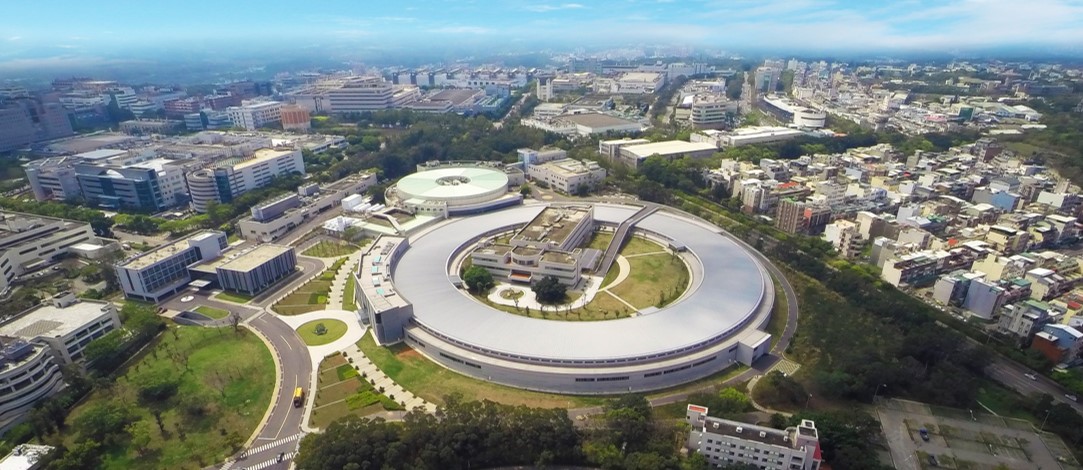
Kidney Patients Are More Vulnerable To COVID-19 Infections
- News
- 2.2K
The COVID-19 pandemic is throwing up unique challenges for health systems. It presents particular challenges for patients who receive regular hemodialysis. These patients with damaged kidneys, also known as uremic patients, are particularly vulnerable to infection and may exhibit greater variations in clinical symptoms and infectivity.
“Unlike other at-risk individuals, these patients do not have the ability to stay at home and not interact with others. Despite the high risk they face, they must travel to dialysis centers 2–3 times every week. This significantly increases the risk of transmission of infection to patients themselves, family members, medical staff and facility workers, and all others,” says Prof. Vivekanand Jha, Executive Director, George Institute for Global Health India and President of the International Society of Nephrology.
The involvement of the kidney in COVID-19 infection seems to be frequent. When the infection is severe, it becomes an independent predictor of mortality.
In a paper entitled “The Novel Coronavirus 2019 epidemic and the Kidneys”, written by an expert group of nephrologists from around the world including China, it has been pointed out that all family members living with dialysis patients must follow the precautions and regulations given to patients to prevent person-to-person transmission of COVID-19 within the family.
The precautions include body temperature measurement, good personal hygiene, handwashing, and prompt reporting of potentially sick people. The results of the study have been published in the Journal of Kidney International.
The management of patients on dialysis who have been suspected to have been in contact with COVID-19 should be carried out according to strict protocols to minimize risk to other patients and healthcare personnel taking care of these patients,” said Prof. Jha. These guidelines have been made available on the International Society of Nephrology website.
As per earlier reports of SARS and MERS-CoV infections, acute kidney injury (AKI) had developed in 5 to15 percent cases and about 60 to 90 percent of those cases reported mortality. In the case of patients with COVID-19 infection, preliminary reports suggested a lower incidence (3 to 9 percent) of AKI; but later reports indicate a higher frequency of kidney abnormalities. A study of 59 patients with COVID-19 found that about two-thirds of patients developed a massive leak of protein in urine during their stay in hospital.
It is recommended that persons with potential COVID-19 risk must be given the same supportive care as given to critically ill patients. Supportive care includes bed rest, nutritional and fluid support, maintenance of blood pressure and oxygenation, prevention and treatment of complications by providing organ support, maintaining hemodynamic stability, and preventing secondary infection.
If you liked this article, then please subscribe to our YouTube Channel for the latest Science & Tech news. You can also find us on Twitter & Facebook.


